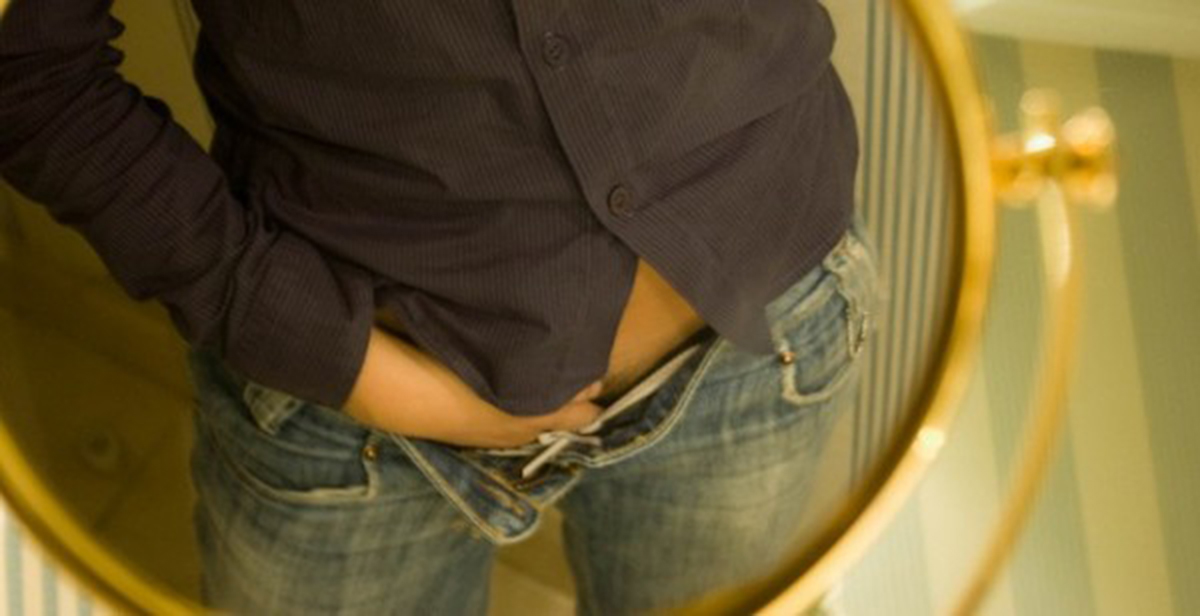Self-Pleasure Can Be a Sickness If It Takes Over Your Life
Like uncounted millions of teenaged boys, Javier indulged in masturbation. At first, it was once a day, then twice a day, and then he needed to masturbate five or six times in quick succession to get to sleep.

Thirty-six-year-old Milton had a wife and kids but discovered he liked gay porn. Choosing to watch gay porn on his office computer rather than his home computer, he was discovered and fired from his job.
Twenty-four-year-old Sylvia had not had many happy intimate relationships. In fact, she had not had any happy intimate relationships. As a joke, her last boyfriend had given her a vibrator. She tried it. She liked it. She started asking for leave from her job to spend more time masturbating.[1]
READ Consequences Of Over-masturbation
There are religious authorities who teach that masturbation is always wrong. There are sex experts who teach that masturbation is always right.
When does masturbation become an addiction?
- Adolescent males masturbate in private for the unsurprising reason that it feels good. The need to feel good is greater among teens who suffer depression or phobias, who are abused or who live in situations of constant stress, and, ironically, among teens who feel guilty about masturbating.
- A pornography addiction is more complex than an addiction to masturbation, although the two addictions often coincide. Men and women who are addicted to pornography almost always have other addictions that feed the dopamine receptors of the brain, whether they are drugs, food, gambling, person-to-person sex, or some other compulsion. Pornography with self-gratification may be a "safer" way of dealing with the addiction.
- Drugs for Parkinson's disease, in particular, and for Alzheimer's disease, to a lesser extent, stimulate dopamine receptors in the brain. Along with deterioration in "executive function," that is, good judgment, in these diseases, the drugs can cause a much lower threshold of sexual stimulation. Older men who take Mirapex may experience nearly constant erections, but before this happens, there usually is some expression of inappropriate sexual interest causing embarrassment, and there is often also a problem with the bladder. The underlying problem is neurological.[2]
- There is currently no psychiatric diagnosis (in the West) that describes most cases of compulsive masturbation in women, although there will be in the upcoming revision to the Diagnostic and Statistical Manual (DSM-V) in 2014. Compulsive masturbation in women occurs about 1/3 as frequently as compulsive masturbation in men, and is also often linked to stress, drug abuse, or damage to the frontal cortex of the brain.[3]
So what can be done about compulsive masturbation?
Making Masturbation an Optional Indulgence
Dealing an addiction to masturbating is very difficult when the motivation to quit is a religious observance. Most, although not all, of the religions that condemn masturbation as a sin, also make allowances for actions over which the individual does not have control. Keeping masturbation uncontrollable is one strategy for avoiding "sin" in some religions.

If the real concern is avoiding chafing and sore skin, finding the energy to pursue different hobbies, and avoiding embarrassment, job loss, or jail, however, there are some approaches to curbing addictions to masturbation that usually work.
- If compulsive masturbation develops after prescription drug use, the obvious solution is to see the doctor about changing the drug or at least changing the dosage. This is most commonly a problem in the elderly. In most of the world, unfortunately, people who are currently over the age of 70 were raised in an era when such matters were not discussed, even with family members and physicians. It may be necessary to raise the issue with the elderly person to help them find treatment.
- If compulsive masturbation develops after illicit drug use, the answer often is an appropriate antidote. A drug like low-dose naltrexone (Revia), which is also prescribed to help people come off alcohol and street drugs, may be helpful. These drugs should only be used under medical supervision.
- Compulsive masturbation occurring after brain damage also requires medical supervision. If you are also addicted to anything from watching reruns of the Smurfs to cheeseburgers to shopping online to heroin, or if you have experienced physical trauma to the brain, chances are that you will regain control over your sexual choices only with the help of a physician.
But what if you just don't think your particular need to masturbate, although excessive, is something a doctor needs to treat? Here are some pointers.
- Deal with the stresses in your life. The lower the stress level, the more appealing other activities will be.
- Don't beat yourself up over masturbating too much. This will increase stress and loneliness and lead to more masturbation.
- Find a friend to discuss your concerns with. Be aware, however, that you may feel intense urges to have sexual intercourse with this friend, and act appropriately.
Anything that plugs in your ability for self-control helps you deal with an addiction to masturbating. Of course, an addiction to not-masturbating is not necessarily an improvement, either.
If you masturbate, you're certainly not unique. Surveys of college students indicate that up to 87% of males and 31% of females masturbate daily.[4]
The worldwide revenues of the pornography industry, in 2006, exceeded the revenues of Google, Apple, MicroSoft, Yahoo, EBay, and Netflix combined. Every 40 minutes a new pornographic video is created in the US.[5] In 2016 alone, more than 4,599,000,000 hours of porn were watched on the world's most popular porn website.
Masturbation is one of the most common of all human activities. The ability to control masturbation, to choose to masturbate or not, and to choose to engage in other forms of sexual activity or not, is a mark of a healthy individual regardless of religious choices.

